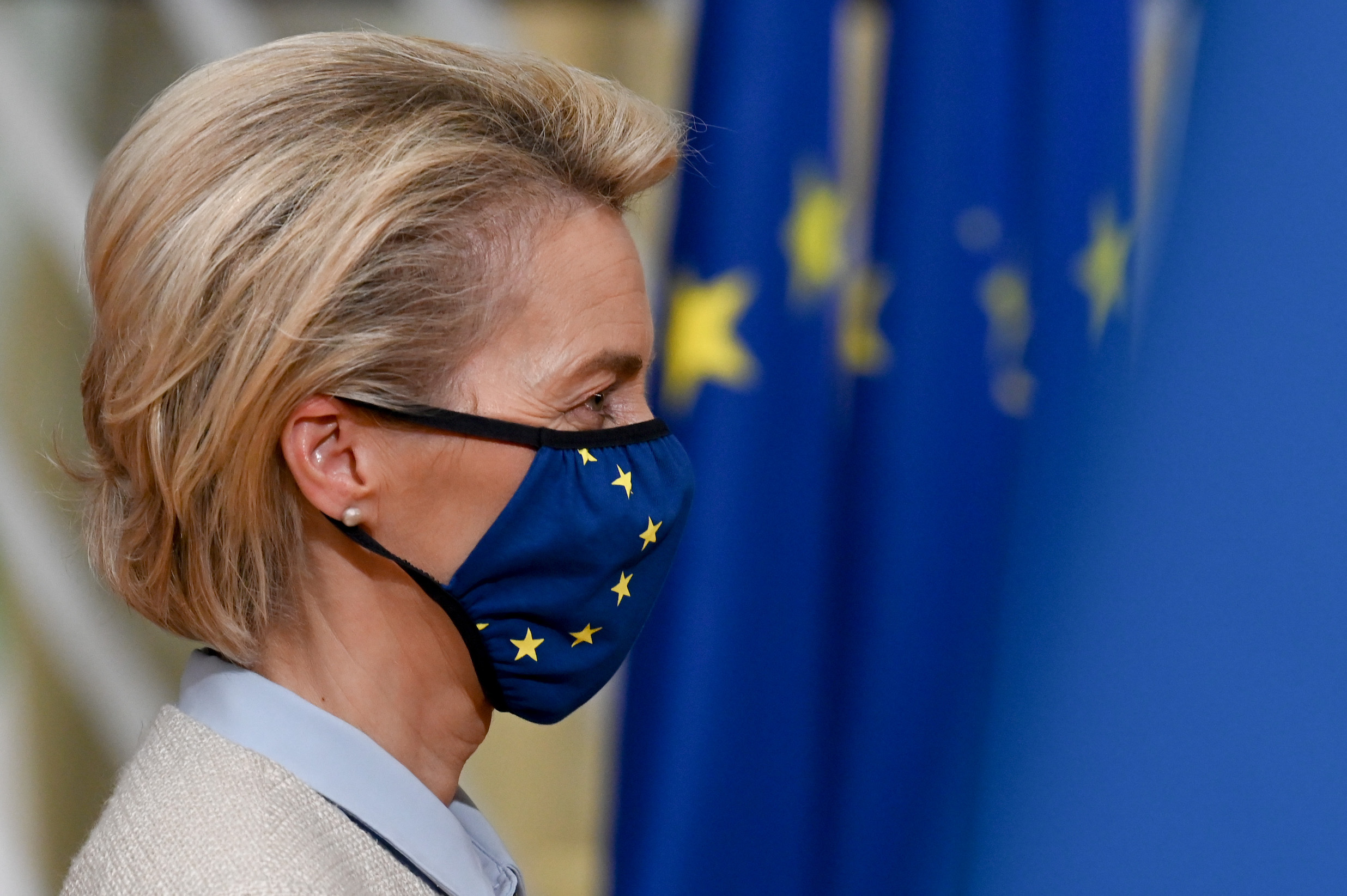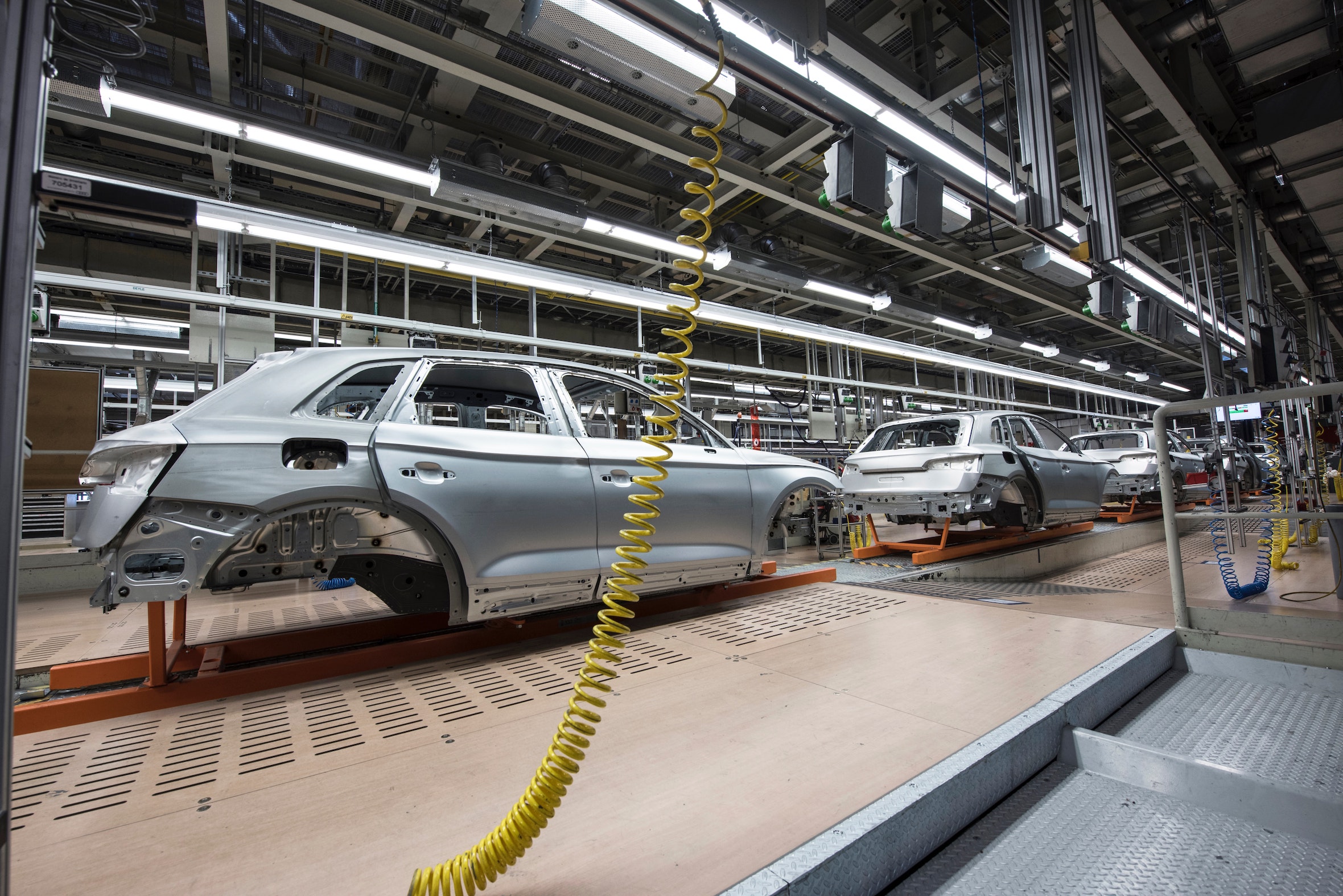Solo Volvo e Volkswagen in linea con gli obiettivi green Ue Tutte le altre case automobilistiche in netto ritardo
Le strategie di elettrificazione di Volvo e Volkswagen sono ambiziose e credibili e appaiono in linea con il piano di neutralità climatica fissato dall’Unione Europea. Ma quelli dei due costruttori sono casi isolati in un panorama tuttora critico per il settore automotive del Vecchio Continente. È la principale conclusione dell’ultimo studio realizzato da Transport & Environment (T&E).






_2.jpg)
.jpg)
